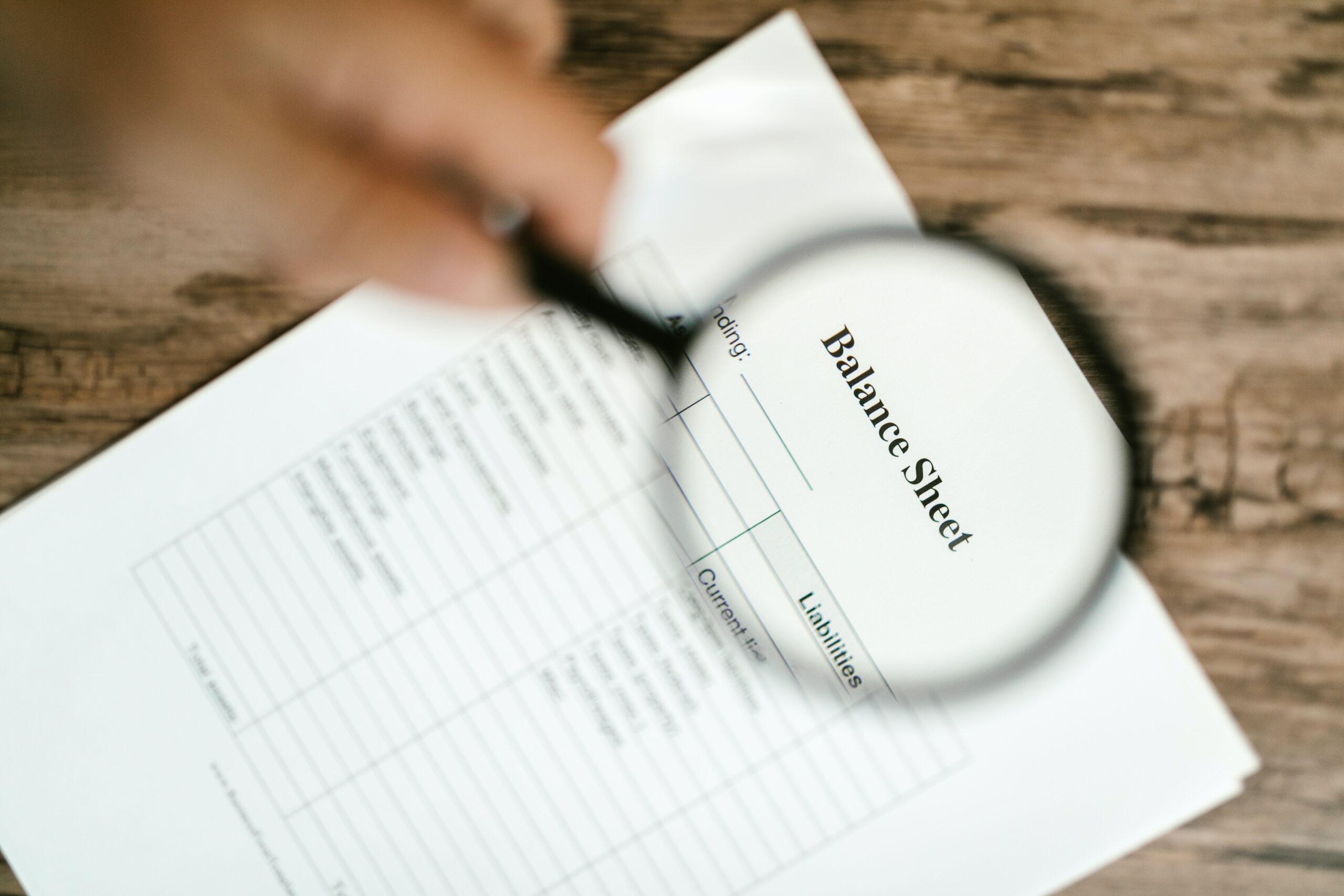 If you are one of Canada’s 2.6 million self-employed workers, or the spouse or common-law partner of someone who is, the deadline to file your federal income tax is midnight on June 15, 2017.
If you are one of Canada’s 2.6 million self-employed workers, or the spouse or common-law partner of someone who is, the deadline to file your federal income tax is midnight on June 15, 2017.
That doesn’t mean that you can sit back and avoid the rush of all your friends and neighbours rushing to make the April 30 deadline for their tax filings.
It makes sense for you to do your taxes earlier in the year as well, because if you end the year owing the Canada Revenue Agency money, you need to pay that by April 30.
If you wait until your taxes are filed June 15, you may have to pay interest on the amount owed. If you don’t pay have all your paperwork in order and make the June 15 deadline, you may also be charged with a late-filing penalty.
The number of self-employed workers in Canada is growing especially in areas where jobs are scarce, and people have been downsized. For many people just setting up their own employment, tax savings can be lost if they do not save essential receipts and keep their books in order.
We are providing an increasing amount of bookkeeping and income tax preparation services to the self-employed and small business owners.
We help these motivated, self-starters know what receipts they need to save, how their books need to be kept, and provide month-end adjusting entries and reconciliations. We help small firms rebuild their book and provide them with a number of comprehensive reports throughout the year so they always know where they stand.
If we see areas where you could be saving to take advantage of changes and upgrades at Canada Revenue Agency, we let you know. We also compile your books for CRA audits.
If you are just setting up your own small business or started to be self-employed, be sure to keep at least the following receipts to ensure that you can claim maximum contributions next year:
Professional services bills linked to the establishment of your new business
Mortgage bill and insurance costs, home heating bills and utility bills if you have home office
Student loan bills
Tuition payment receipts
All medical receipts
Sales tax receipts on office supplies, new technology, purchase of cell phones or computers, etc. Let your tax professional take what could help you next tax season…better to have them than to try to find them again.)
Gas receipts, car payment agreements, maintenance cost on your car
Car log book (a must when you are getting started) so your accountant can accurately determine what percentage of your vehicle is used for business
Charitable contribution receipts
Tax documents sent to you by third parties (firms you contracted with, etc.)
Being your own boss takes a lot of personal motivation and consistent effort. It isn’t something everyone can handle, but for those who make it work, it can be personally and financially rewarding. Being organized about the money and taxation aspect of your work is important right from the beginning.
If you are determined not to face panic at tax season again, or if you just want to see how we might be able to help you, please contact us via email (info@piligrim-accounting.com) or phone us anytime at 416-514-1741. Remember, there is never a charge for your first consultation.
Certified professional bookkeeper and certified tax specialist Elena Ivanova is managing director of Piligrim Accounting Inc., a national accounting and tax preparation service based in Richmond Hill, Ont. You can reach her at elena@piligrim-accounting.com.



